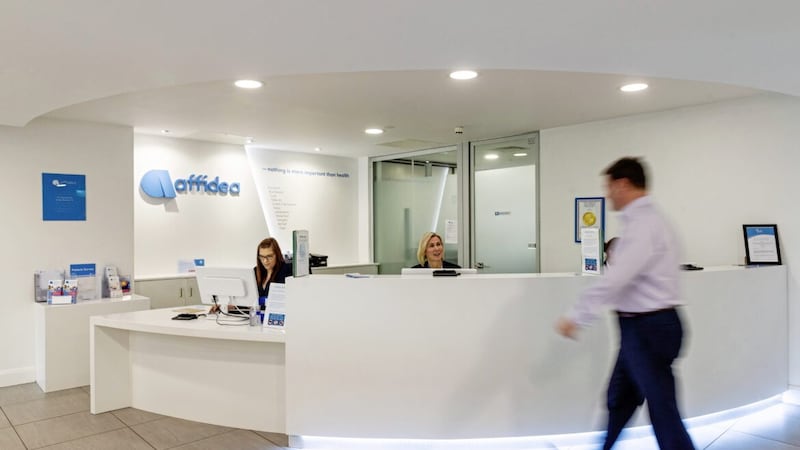JUST 18 per cent of Northern Ireland manufacturers want to scrap the Irish protocol despite 77 per cent reporting a negative impact on their business since the end of the Brexit transition period.
In a new survey released by trade body Manufacturing NI and law firm Tughans, more than half (55 per cent) of the 190 firms which took part said they believe the protocol is here to stay and instead want to see mitigations and compensation developed.
Just under half (46 per cent) said they want the Stormont Executive to help secure new business opportunities from the new arrangements.
Manufacturing NI’s chief executive Stephen Kelly said: “If we were in a position where it was understood that the protocol wasn’t going, which is I think the EU and UK position, and that it was not likely to be removed in 2024, and all the parties in the Executive were behind that message, then that would be a much stronger proposition than what we have.
“But we understand that for political reasons we aren’t in that space.”
The survey found that one-in-three manufacturers (36 per cent) who are struggling with the new Irish Sea border processes don’t see any resolution on the horizon, up from 23 per cent who reported the same in February.
But a rising number (31 per cent) said they are now on top of initial issues.
Troubling for the supply chain is that one-in-five firms (20 per cent) reported GB suppliers are unwilling to engage with the new requirements, up from 15 per cent in February.
Manufacturing NI said it had anticipated the number going in the opposite direction, adding that the onus is on the UK Government to resolve the issues in GB.
Just under a quarter (23 per cent) said they had switched from a GB supplier to a supplier on the island of Ireland.
Some of 37 per cent of companies said disruption to supply chains was the biggest obstacle to their recovery.
But rising costs was flagged up by the vast majority. Some 93 per cent of firms said the cost of raw materials had increased in the past 12 months, with 86 per cent reporting increased transport costs.
Yet the survey showed signs of recovery within the sector. The number of manufacturing businesses in contraction has fallen from 42 per cent last summer to 17 per cent in April 2021.
Almost half (48 per cent) are now growing (compared to 23 per cent previously).
James Donnelly from Tughans, said despite the challenges of Covid and Brexit, the survey reflected a sense of optimism.
“Despite everything, many of our clients in the manufacturing sector have reported a relatively strong performance in the last year,” said Mr Donnelly.
“There is positivity with many expecting growth and this is reflected in clients’ future plans in relation to recruitment, investment and transactions.”








